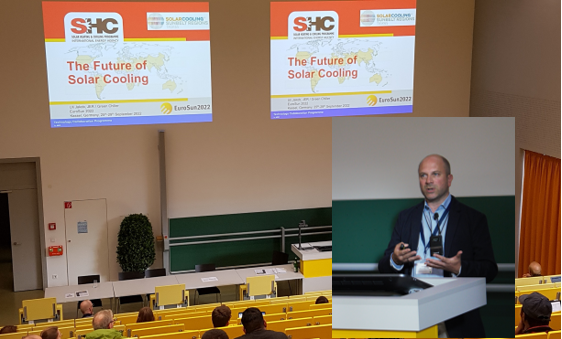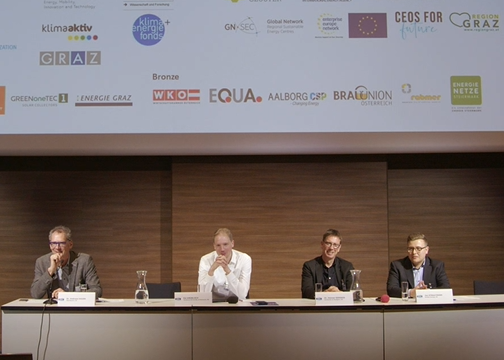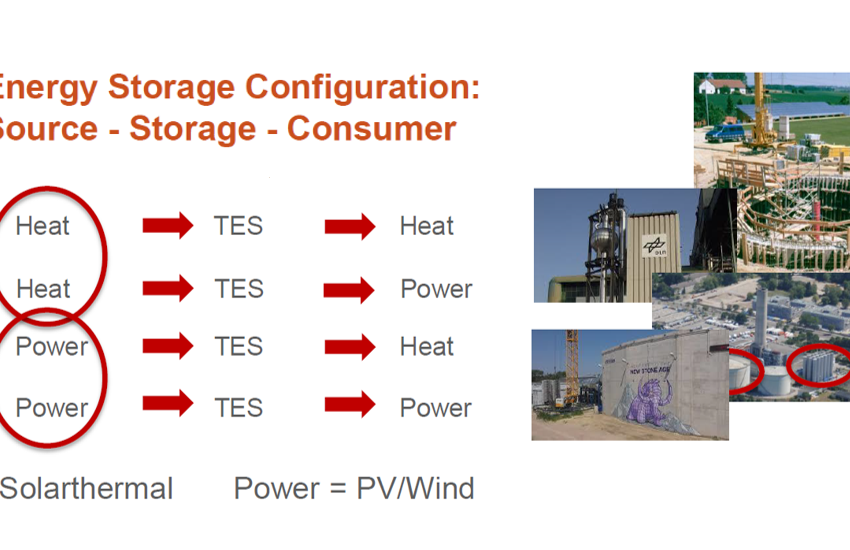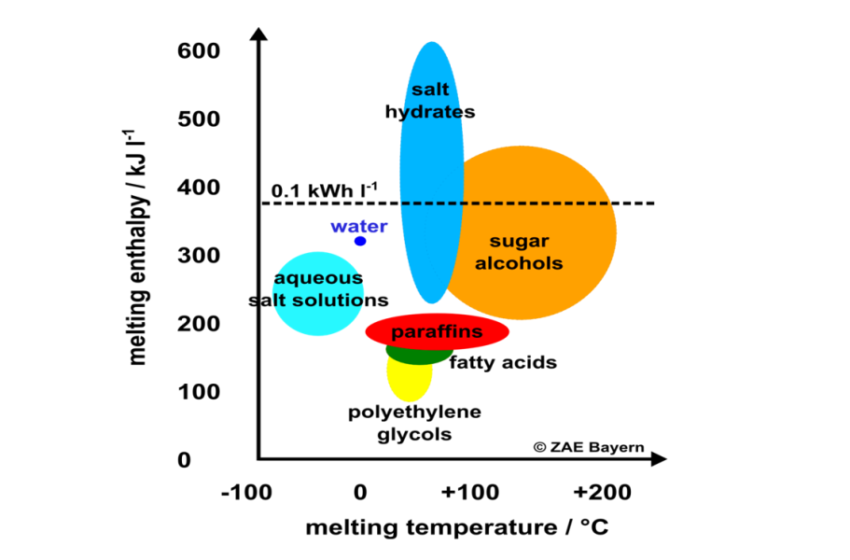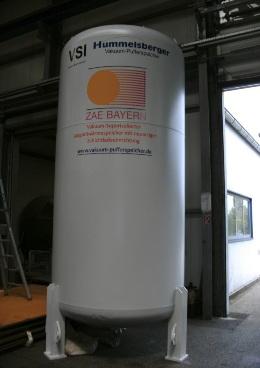Stability is a key issue when evaluating new phase-change materials (PCMs) or thermochemical materials (TCMs) for thermal energy storage. A loss of stability may reduce the storage capacity and/or the […]Read More
The energy demand for air-conditioning is growing faster than any other energy consumption in buildings. The main share of the projected growth for space cooling comes from emerging economies and […]Read More
The session Emerging Heat and Cold Storages during the ISEC conference in April in Austria was a deep dive into thermochemical heat storage. Two speakers from the German research project […]Read More
In his keynote speech at Eurosun 2020, Dr Andreas Hauer talked about the different roles that heat storage could play as part of a whole systems approach to energy policy. […]Read More
Salt hydrates are the most interesting phase change material in the low-temperature range of up to 150 °C. Their volume-related enthalpy at melting is much higher than the enthalpy of […]Read More
The key to the decarbonisation of the energy sector is new compact storage technology: It will require much R&D to develop market-ready products based on new storage designs with phase […]Read More
In their position paper published in August 2015, the scientists of IEA SHC Task 42 (Compact Thermal Energy Storage) summed up the key results of their work between 2009 and […]Read More
Since January 2014, companies have been able to receive grants for their thermal-driven sorption cooling systems with a cooling power between 5 kW and 500 kW from the programme for […]Read More
The vacuum super insulation (VSI) by German manufacturer Hummelsberger ensures minimum heat losses when storing solar heat over long periods. This is especially interesting to solar space heating and domestic […]Read More

